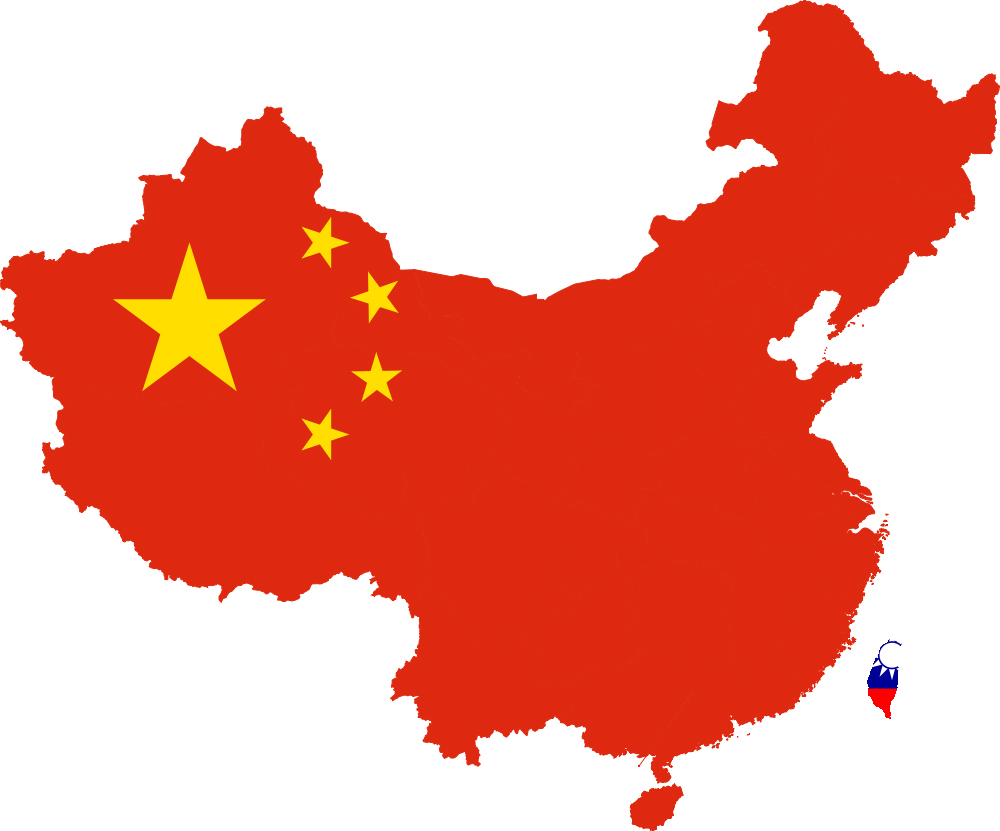 The Shanghai Stock Exchange Composite Index is one of the premier stock market indices in China, like the Bombay Stock Exchange Sensex is in India. And it is not having a good time of late.
The Shanghai Stock Exchange Composite Index is one of the premier stock market indices in China, like the Bombay Stock Exchange Sensex is in India. And it is not having a good time of late.
Between August 20, 2015, and today, the index has fallen by 21.8%. On August 20, the stock market opened at 3744.25 points. As of close today, it was down to 2927.29 points.
In the aftermath of the financial crisis which started in September 2008, the Chinese government resorted to bubbles to keep the economy growing. First there was an infrastructure bubble, which was followed by a property bubble and then a stock market bubble.
Between June 2013 and June 12, 2015, the Shanghai Composite Index rose 153.5%. The government successfully managed to divert a part of around $20 trillion savings into the stock market, and pushed it to astronomical levels. This was just as the property bubble was starting to burst. Since peaking in June 2015, the stock market has fallen by 43%, wiping off a major portion of the gains (as the old adage goes, a 50% fall, wipes a 100% gain). In order to prevent the fall, the Chinese government has done many things.
It has pushed big government financial institutions (or their equivalents of Life Insurance Corporation of India) to buy shares in the stock market. Investors who own more than 5% of shareholding in any company have been banned from selling these shares for a period of six months. Initial public offerings have been banned as well, so that investors invest only in the shares that are already listed and this pushes up the stock market. Many shares have not been allowed to trade at various points of time, as well.
Further, continuing with these measures, the People’s Bank of China, the Chinese central bank unleashed another round of easy money, yesterday. It cut the reserve ratio requirement (RRR or what we call cash reserve ratio or CRR in India) by 50 basis points (one basis point is one hundredth of a percentage) to 18% for most big banks.
This cut will be effective as of September 6, 2015, and is expected to add 700 billion yuan (or around $109 billion at today’s exchange rate of one dollar equals 6.42 yuan). Over and above this, the one year deposit and lending rates were cut by 25 basis points, to their lowest level ever.
The idea is to flood the financial system with “easy money”, and hope that some of it goes into the stock market and the market rallies all over again. The trouble is that Chinese politicians are not democratically elected and in order to appear credible they need to ensure that the Chinese economic growth story continues, as it has all these years.
As John Plender writes in Capitalism: Money, Morals and Markets: “Unelected Chinese politicians may put the interests of the Communist Party elite before those of the nations. Their legitimacy, after all, rests chiefly on the continuation of high rates of economic growth.” Ensuring that bubbles continue are an important part of this story. Any bubble burst will drive down economic growth. The economic growth has already fallen from more than 10% to around an “official” rate of 7%.
What has helped the Chinese government up until now, is the belief among the Chinese that the government can engineer any economic outcome that it wants. And it is this belief that has allowed the Chinese government to engineer the economic outcome that it wants. Nevertheless, in the process it has ended up with big bubbles—be it in the stock market, the property market, infrastructure, or total amount of debt in the financial system.
The interesting bit is that the Shanghai Composite Index barely responded to yesterday’s decision of the People’s Bank of China to cut the reserve ratio requirement. The index fell by 1.27% during the course of the day today. Of course, if the reserve ratio requirement had not been cut, the market would have fallen more.
The point is that the Chinese over the last one week have discovered that the stock market does not always go where the government wants it to go. And it can have a mind of its own. The market simply does not keep going up, it falls as well.
The situation is a tad similar to what happened when the erstwhile Soviet Union was just coming out of communism and its people were essentially shocked at encountering a system that functioned according to a completely different set of rules.
This is best explained by a question that the British economist Paul Seabright was asked by the director of bread production of the city of St. Petersburg. This gentleman was trying to understand how the new system (which wasn’t like the old system) worked.
As Felix Martin writes in Money—The Unauthorised Biography, the director of bread production asked Seabright, “Please understand that we are keen to move toward a market system … but we need to understand how such a system works. Tell me, for example who is in charge of the supply of bread to the population of London?”
In this context, the point is that the Chinese government would like its people to believe that it is in-charge of the stock market, but it seems to be gradually losing control over it. And that can’t possibly be a good thing for either the Chinese or the world at large.
The column originally appeared on Firstpost on August 26, 2015
(Vivek Kaul is the author of the Easy Money trilogy. He tweets @kaul_vivek)